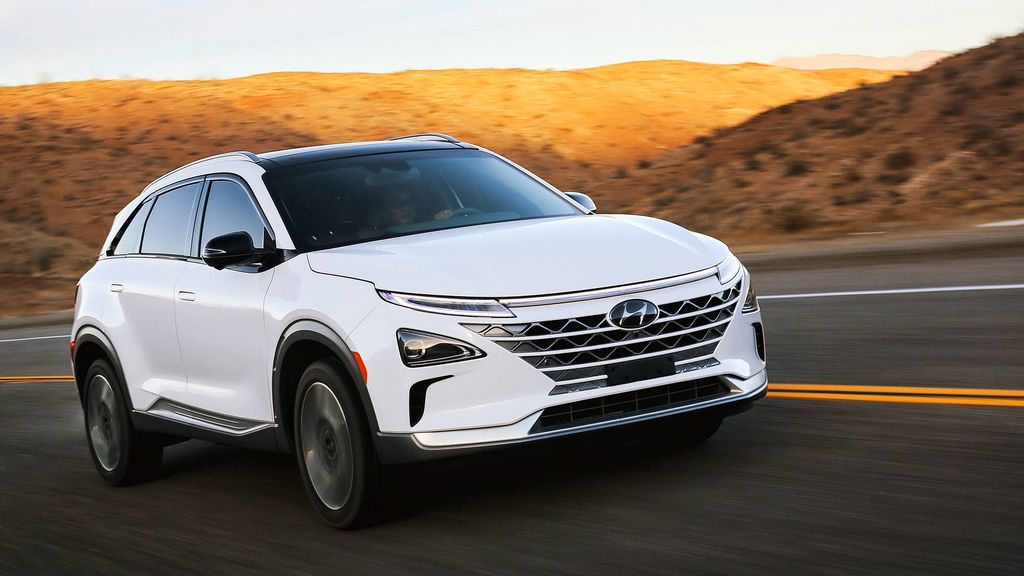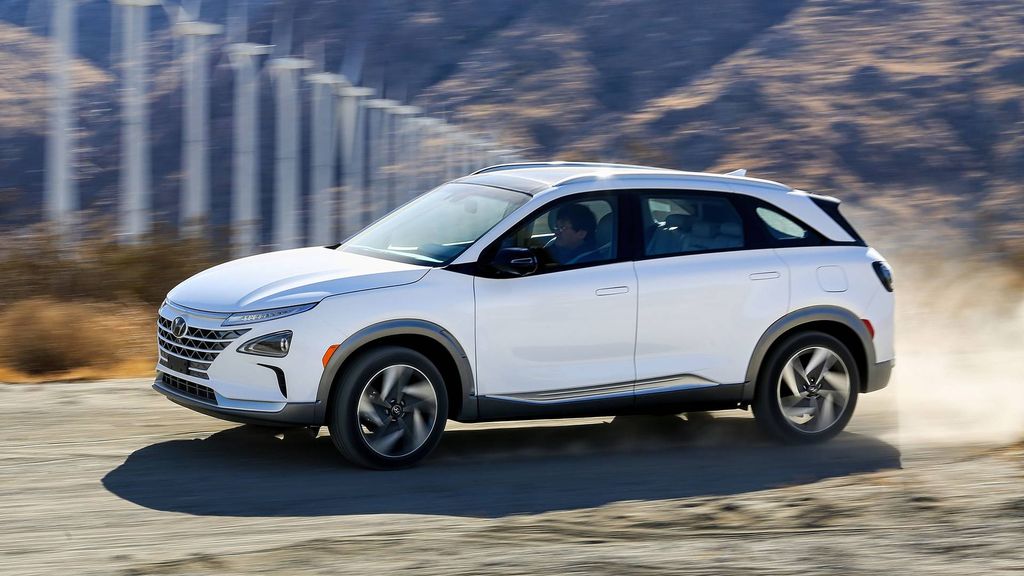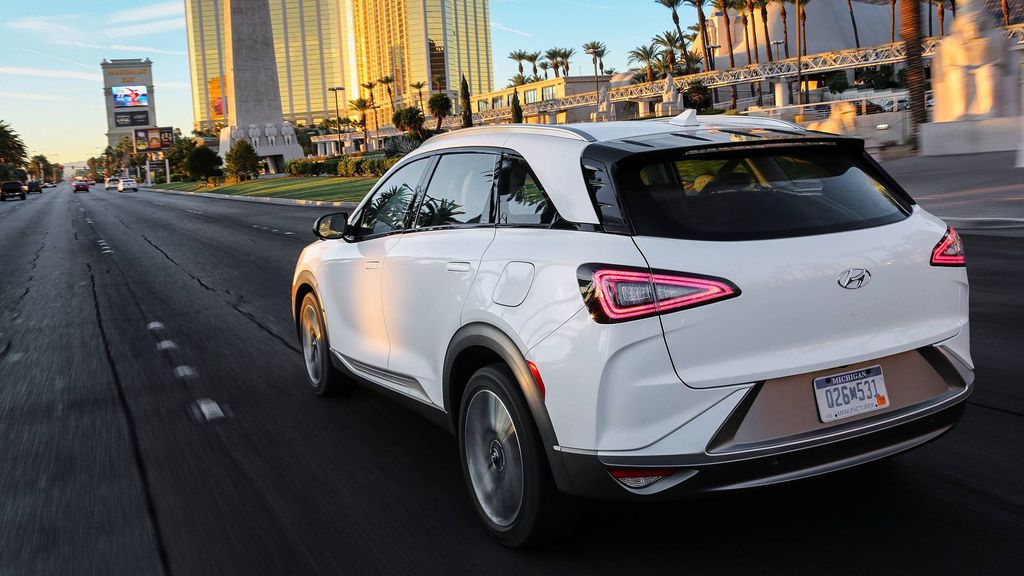
Both companies will team up for the development and share patents to lead fuel cell vehicle market; Audi’s first fuel cell vehicle will come out by the end of 2020
Pollution is one of the important problems we face in this modern era. The number of cars, bike and commercial vehicles is increasing day by day to full fill our needs and most of them are powered by either petrol or diesel engines which produces lots of harmful gases and damaging our eco-system. Most of the governments are taking different initiatives to reduce pollution.
The manufacturers are moving away from combustion engines to hybrid model and then to electric vehicles. But there is one another technology which is even more cleaner and efficient than EVs, which is fuel cell vehicles but they are not popular among customers as the number of hydrogen fuel filling stations are limited as the infrastructure cost is very expensive.
Also Read : Hyundai Kona Electric SUV India Launch In Mid-2019; To Be Priced Rs. 25 Lakh

Hyundai and Audi announced a new partnership to develop fuel cell technology. The new partnership will boost interest among policy makers which eventually attract more investment and lowering the cost. Both companies will team up for the development and share patents to lead fuel cell vehicle market. Audi is planning to launch its first fuel cell vehicle by the end of 2020 while Hyundai already has ix35 crossover.
Also Read : India-Bound Audi E-Tron Electric SUV To Get Seamless Home Connectivity

The bi-product of hydrogen fuel cell cars in vapour,which is not harmful to atmosphere and they can be re-filled within minutes like normal diesel or petrol, they also give similar range like combustion engines. The problem with EVs is that charging time is really high and range is still a concern. If hydrogen fuel cell technology reaches common consumers, then it will vastly reduce pollution.
